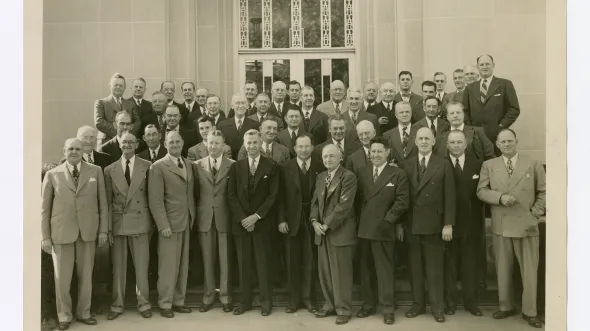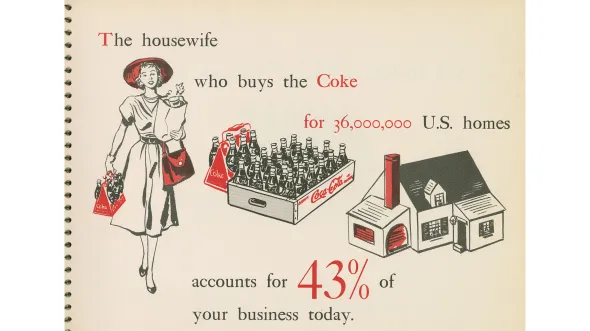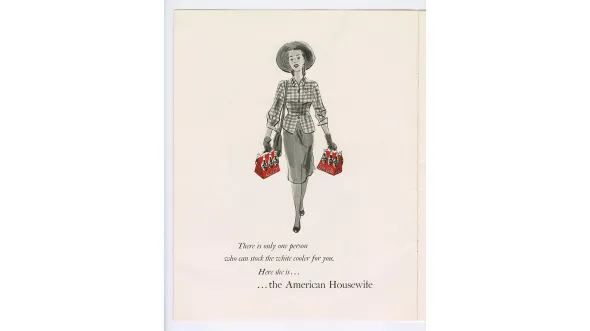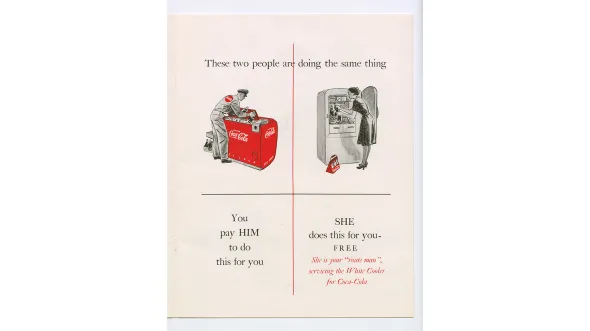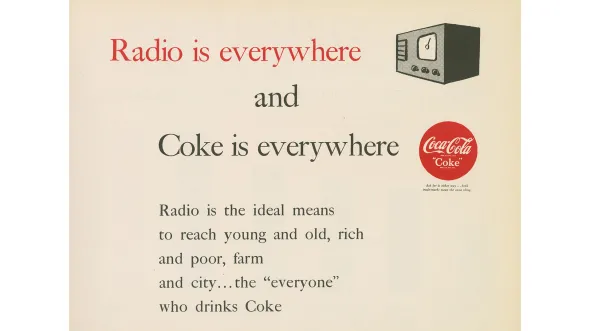As an American fixture in the beverage industry, the Central Coca-Cola Bottling Company, Inc., of Richmond, Virginia, dominated the bottling industry for three successive generations, from the early 20th to the 21st century. The company bottled Coca-Cola licensed beverages along with other beverage brands in Virginia, West Virginia, Maryland, Pennsylvania, and Ohio.
The Central Coca-Cola Bottling Company, Inc.
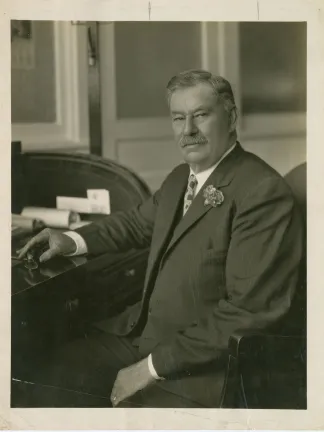
James E. Crass
The Central Coca-Cola Bottling Company, Inc., franchise group was founded by James E. Crass (1867–1930) in 1899 when he purchased a small Coca-Cola bottling plant in Charleston, South Carolina. Within a year, Crass’s business outgrew its small plant, and he relocated it to Richmond, Virginia. Crass’s Coca-Cola empire expanded into forty-two franchises across Virginia, Ohio, Pennsylvania, and other states. The bottling plants would receive flavored syrups and then add water, sugar, and carbonation to produce packaged bottles and cans that could be dispensed in retail outlets or vending machines within a specific geographical area. At the time of his death in 1930, Crass was one of the most successful owners in the Coca-Cola franchise network and even produced his own soda brand, called CRASS Delicious Beverages. After Crass’s death in 1930, the future of the company lay in the hands of his son-in-law and former employee Walter L. Sams.
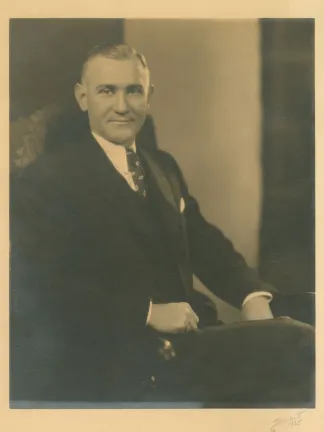
Walter L. Sams in 1935
Walter L. Sams (1886–1965) was a Georgia native who was a traveling sales manager for The Coca-Cola Company for five years before he enlisted in the U.S. Navy during World War I. Sams became a part of the Crass family when he married Lottie Crass. Soon after, the family decided to purchase the Blue Ridge Coca-Cola Bottling Works, which they later renamed Staunton Coca-Cola Bottling Works. The business quickly expanded across Virginia into Charlottesville, Staunton, Harrisonburg, and Winchester, as well as Romney, West Virginia. Sams eventually moved to Richmond to become the general manager of the Crass Coca-Cola operations. A 1951 franchise split led to Sams gaining control of thirteen bottling plants and sales centers from the Crass family. In keeping with family tradition, Sams hired his son-in-law Langdon T. Christian to work for the company, and when Sams died in 1965, Christian became the company’s president.
Langdon T. Christian (1921–2005) was a Richmond native from a family that owned the Christian Funeral Home. He attended the University of Virginia and eventually went on to serve in the U.S. Navy during World War II. He was married to Betty Sams, the daughter of Walter L. Sams, and worked as a sales manager in the National Sales Division for The Coca- Cola Company from 1946 to 1948. He eventually decided to get involved in his wife’s family business, and when his father-in-law died, he took over leadership. Christian became part of a historic battle when The Coca-Cola Company proposed an amendment that would remove the fixed price of syrup in the bottler’s contract in 1978. Though most bottlers accepted the amendment, seventy-three bottlers, known as the Elizabethtown Plaintiffs, and Christian disagreed and joined together to sue The Coca-Cola Company. The litigation lasted for years, with neither side unwilling to come to an agreement.

Betty Sams Christian (1922–2006) would soon become the last family CEO when she took her husband’s place after his retirement in 1981. By then, the once-large family franchise had turned into just a few large corporations. In 1985 there were approximately 278 domestic bottlers in the Coca-Cola bottling system, and by 2002, just a year before Betty’s retirement, it had shrunk to seventy-nine. Betty faced many challenges as president and CEO of Central Coca-Cola, from her involvement in the Elizabethtown suits to restructuring the family franchises to become more profitable. There was also family discord surrounding whether the company should be sold when it started to become less profitable and sustainable. Betty prevailed and preserved her family’s dynamic legacy within the history of The Coca-Cola Company and its bottling franchises. At the time of her retirement, her company was the ninth largest independent bottler of Coca-Cola in the United States. Following Betty’s death in 2006, the company was sold to Coca-Cola Enterprises. Betty Sams Christian’s estate donated The Central Coca-Cola Bottling Company’s business archives to the Virginia Historical Society.
Learn more about this collection in the Finding Aid.
Are you interested in learning more about Virginia businesses? Visit the Reynolds Business History Center.



